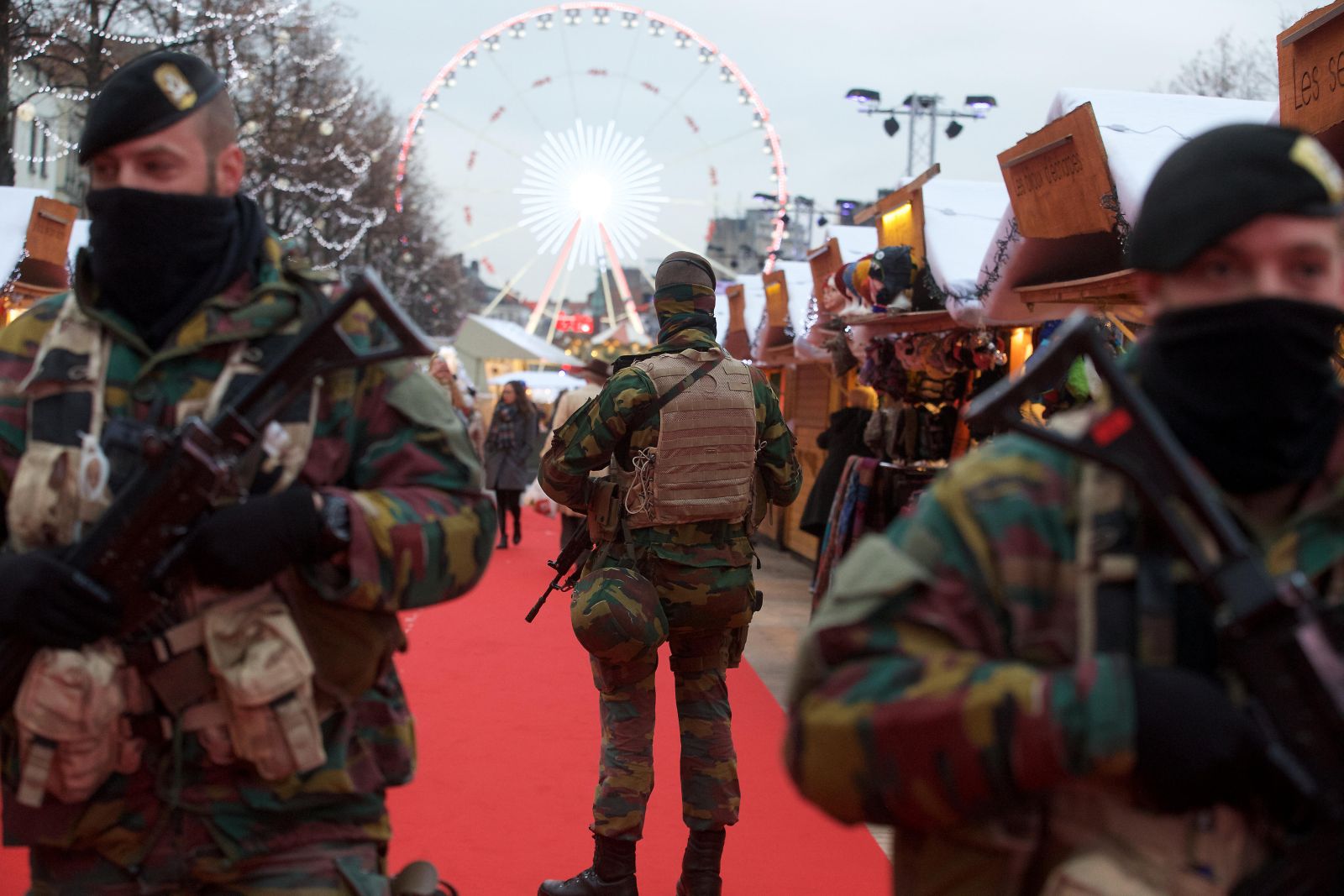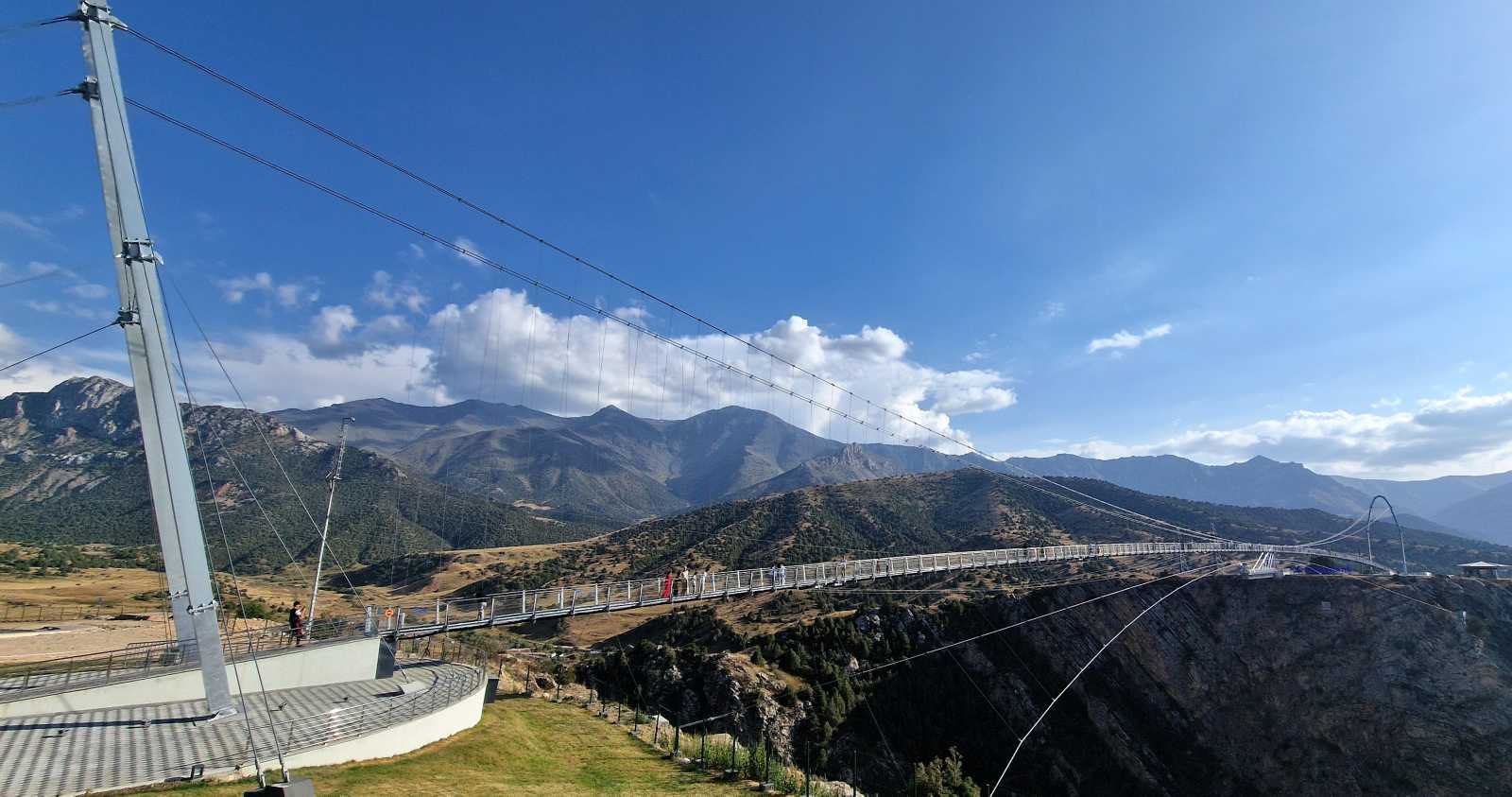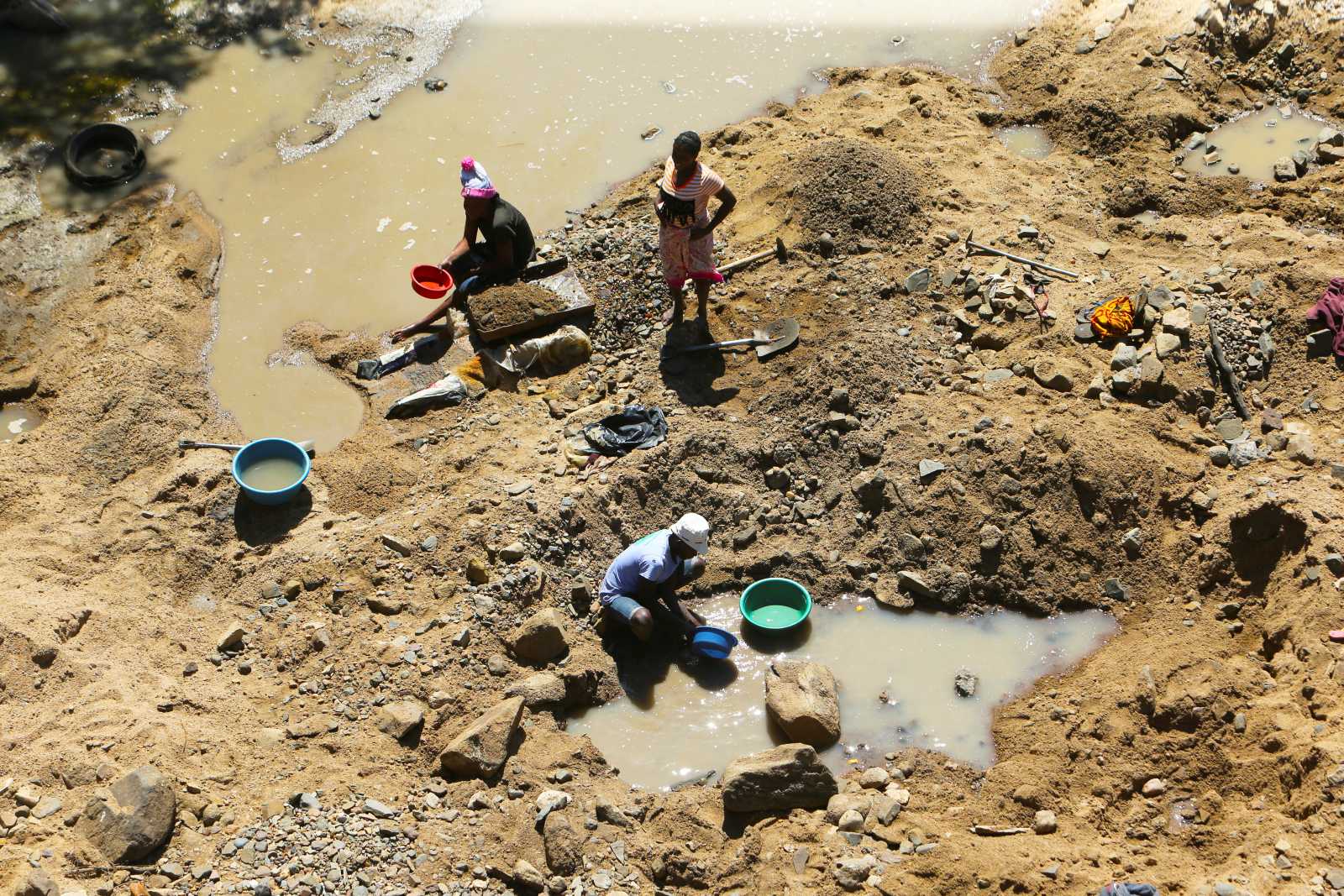Editorial
Do something about it
A better understanding of the foreign religion would help to control fears. Those who warn of a „clash of civilisations“ with „Islam“ ignore the fact that uncounted victims of Islamist violence are Muslims themselves. Frightened Europeans, moreover, are unaware of the big divide between Shias and Sunnis. This schism plays a role in Bahrain, for example, where the Sunni monarchy – with active support from Saudi Arabia – is suppressing the demands for democracy raised by its people, who are predominantly Shia.
Bahrain and Saudi Arabia are allies of the West, of course. Saudi Arabia, moreover, is the oil-money powered hub of Wahabism, the dogmatic-conservative version of Sunni Islam. Many Sunni fundamentalists look to this country for orientation. Because the Shia-fundamentalist regime in Iran felt threatened by the Sunni-fundamentalist Taliban at the turn of the millennium, Riyadh and Washington were not too unhappy about the extremist government in Kabul. That only changed when Osama Bin Laden – who was Saudi – orchestrated terrorist attacks on American cities from Afghanistan because he felt his home country was no longer pure because of the deployment of US soldiers.
Al-Qaeda attacks also hit many Muslim countries from Indonesia in the East to Morocco in the West. In late April, a deadly bomb exploded in Marrakesh, killing tourists as well as local people. Today, Pakistan is probably the country most threatened by Islamist extremism. Not by coincidence, this is where Bin Laden was found and killed in May. The brutal irony of the matter is that Pakistan’s military, its secret service and various governments have a long track record of manipulating religious feelings for political purposes. Western allies did not bother all too much about such practices as long as they felt Pakistan was serving a strategic purpose.
Today, we are witnessing the Arab Spring. Young people are demanding democratic freedoms and they do not consider that a contradiction to their Muslim faith. Many regard Turkey as their model because the government of Recep Tayyip Erdogan refers to Islam, but nonetheless managed to liberalise a country long dominated by its authoritarian military and bureaucracy.
Arabs who admire Turkey nonetheless trigger mixed feelings in Europe, where many people assume that Erdogan does not really want representative democracy but would prefer a faith-based regime. Indeed, some statements of his and his party members point in that direction. But in power, their government has proven more liberal than its predecessors.
The sad truth is that fear has always marked European attitudes towards Turkey. Yes, this is a NATO partner of great strategic importance. But since this country is predominantely Muslim and many migrants have come from there, Europeans tend to want to keep their distance. Such attitudes obviously reinforce suspicions in the Muslim world that “the West” will make use of Muslim countries for security purposes, but wants to have nothing to do with the people.
Such feelings are not a healthy base for cooperation. Europe could do something about them. But first it must become better informed and overcome overblown fears.










